 Drugs or alcohol can seem to provide relief for depression, stress, or other feelings that are hard to cope with. Unfortunately, the temporary relief they provide can lead to addiction. Those who try to stop using drugs or alcohol on their own may be unable to successfully kick the habit. That’s why relapse prevention therapy is so important. Relapse prevention treatment helps those struggling with substance use disorders to build a better future for themselves.
Drugs or alcohol can seem to provide relief for depression, stress, or other feelings that are hard to cope with. Unfortunately, the temporary relief they provide can lead to addiction. Those who try to stop using drugs or alcohol on their own may be unable to successfully kick the habit. That’s why relapse prevention therapy is so important. Relapse prevention treatment helps those struggling with substance use disorders to build a better future for themselves.
At Virtue Recovery Las Vegas, we provide relapse prevention therapy to help Las Vegas residents break free from addiction. Our programs are tailored to meet the individual needs of each client, helping them set achievable goals and a plan for recovery.
Call 866.520.2861 or reach out to our team online for more on our addiction therapy services and how we can help you or your loved one reach sobriety.
Why Preventing Relapse Is So Important
Relapse is common among those struggling with substance use disorders. A return to use after a period of abstinence is a risk for anyone recovering from addiction. One of the dangers of relapse is that it can lead to more negative consequences, including a heightened risk of overdose or death. Because many people will experience a relapse during the recovery process, relapse prevention programs are essential for keeping them safe.
Relapse prevention therapy can help clients learn how to identify and control their triggers as well as create positive coping strategies to manage cravings. Through one-on-one counseling, group therapy, or cognitive behavioral therapy, those in recovery can learn how to recognize and address high-risk behaviors and situations.
Some of the most common triggers for relapse include:
- Stressful situations or emotions
- Negative self-talk
- Isolation or loneliness
- Being around people who use drugs or alcohol
- Exposure to drug paraphernalia
- Traumatic experiences
- While in therapy, clients can learn how to address these triggers and cope with them in healthier ways.
The Benefits of Relapse Prevention Therapy
Relapse prevention therapy can be a powerful tool to help those in recovery from substance use disorders stay on track. The benefits of relapse prevention therapy include the following:
Improved Communication and Problem-Solving Skills
When clients learn how to communicate their needs effectively, they are better able to develop and strengthen relationships.
Strategies for Dealing with Triggers
Through relapse prevention therapy, those in recovery can learn how to identify and avoid triggers and create positive coping strategies for when cravings arise.
Increased Self-Awareness
Clients can gain an understanding of their strengths and weaknesses, allowing them to better recognize how to respond in certain situations.
Building a Support Network
By engaging with an experienced therapist and meeting with other recovering individuals, clients can build a strong support network to help them stay motivated and accountable.
At Virtue Recovery Las Vegas, we know that relapse prevention therapy can be a crucial part of reaching and maintaining sobriety. Our experienced team is standing by to provide individualized relapse prevention treatment plans that help clients achieve their recovery goals.
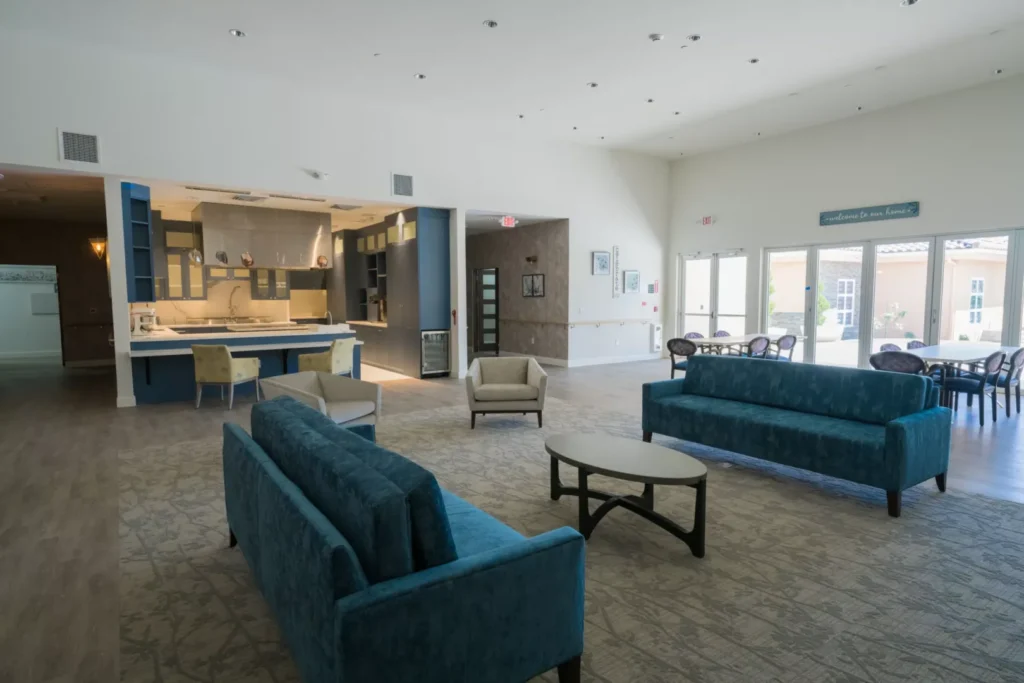
Private Suites Facility
Corbett Facility
Luxurious, private rooms for a serene, personalized recovery experience with utmost privacy.
🏢 Address: 9230 Corbett St, Las Vegas, NV 89149
🕓 Hours: Open 24 hours
Luxury Amenities
Access to high-end amenities, ensuring a comfortable stay while focusing on your health and well-being.
Personalized Care
Benefit from customized treatment plans, with one-on-one therapy sessions tailored to your unique recovery needs.
Privacy and Comfort
Enjoy the solitude of a private room, providing a peaceful environment conducive to healing and reflection.
Take a Virtual Tour of our Luxury Inpatient Las Vegas (Corbett) Facility

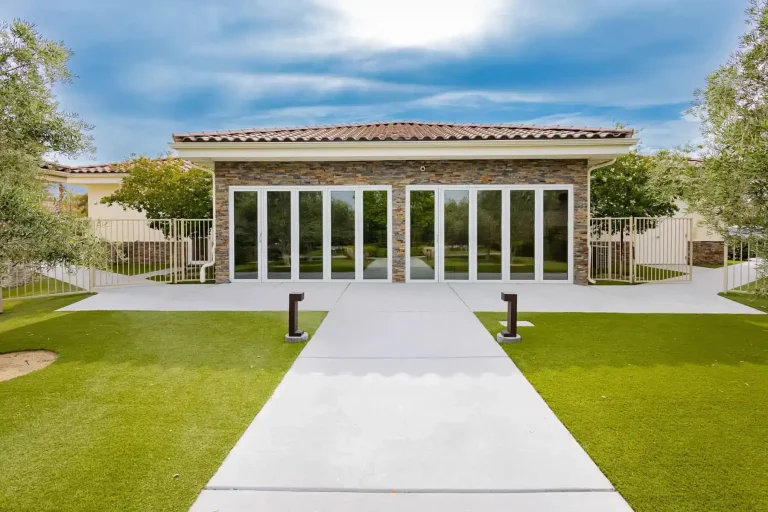










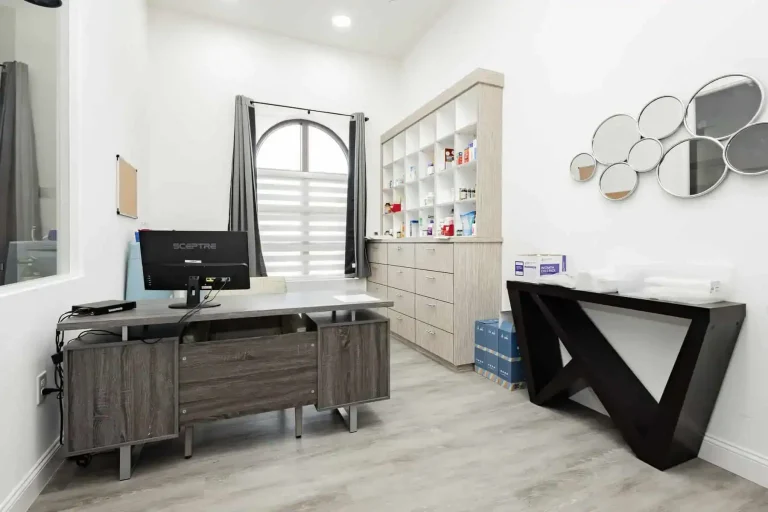
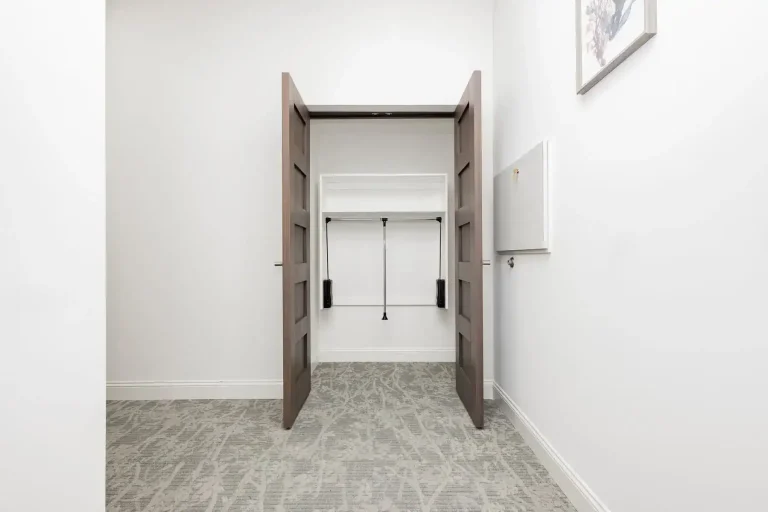
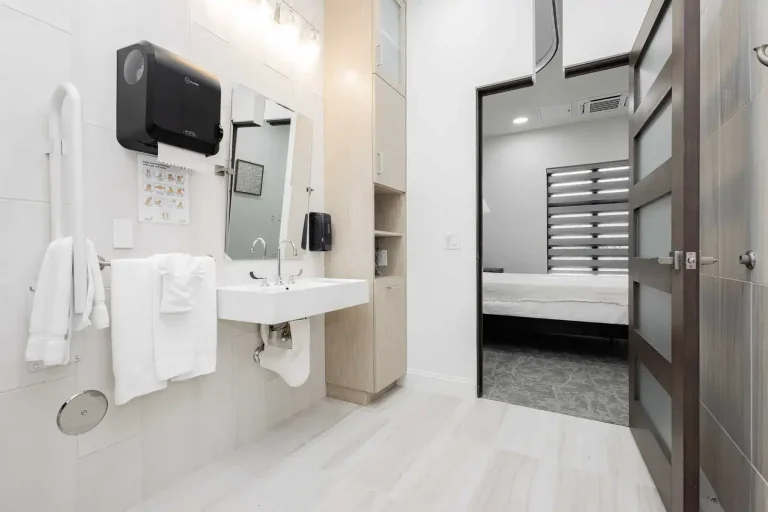
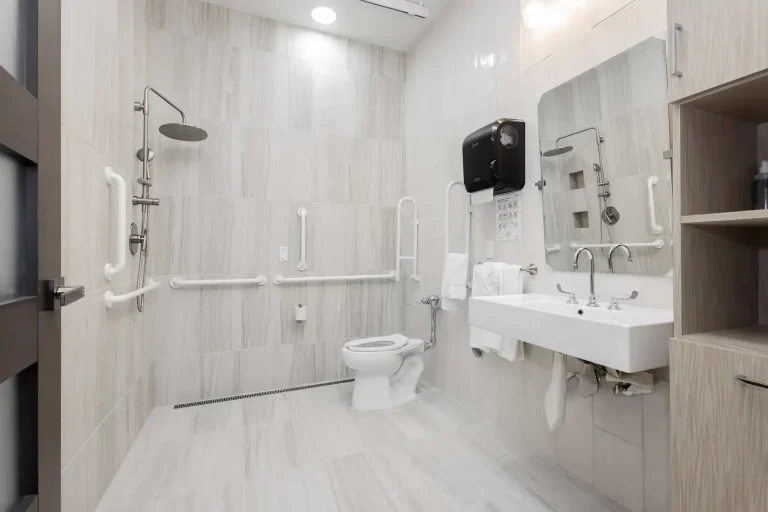


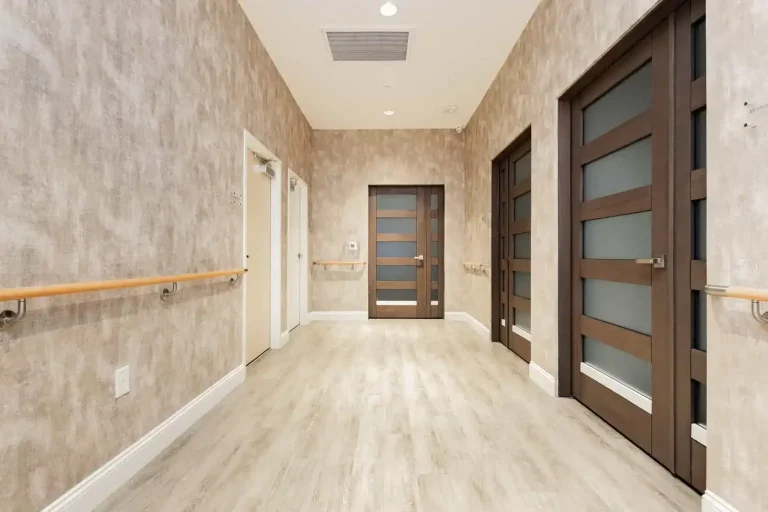
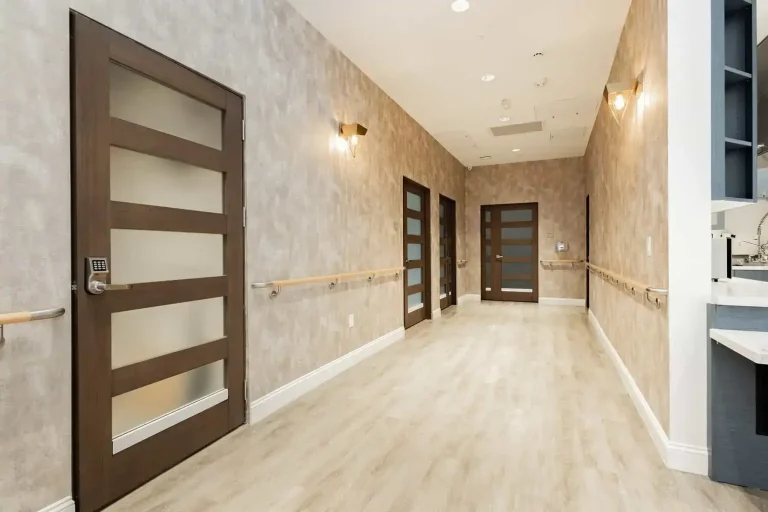





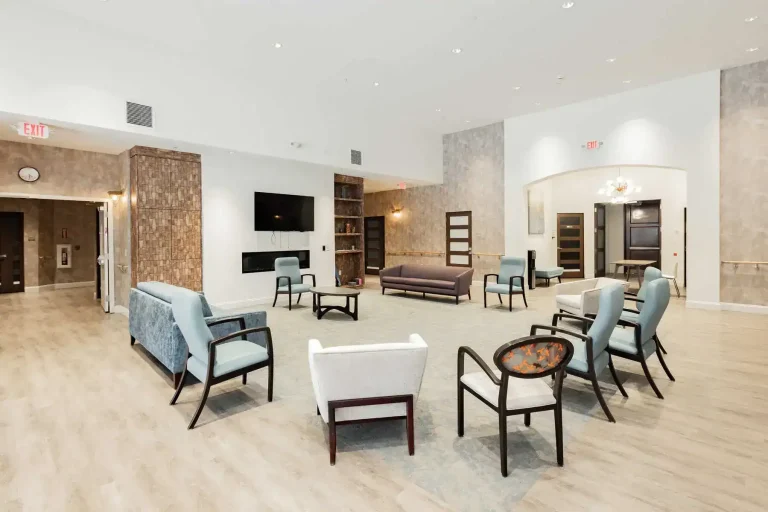
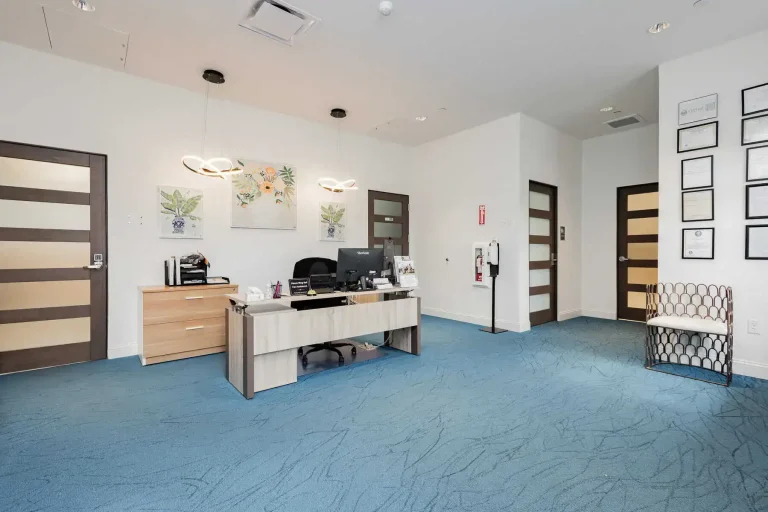
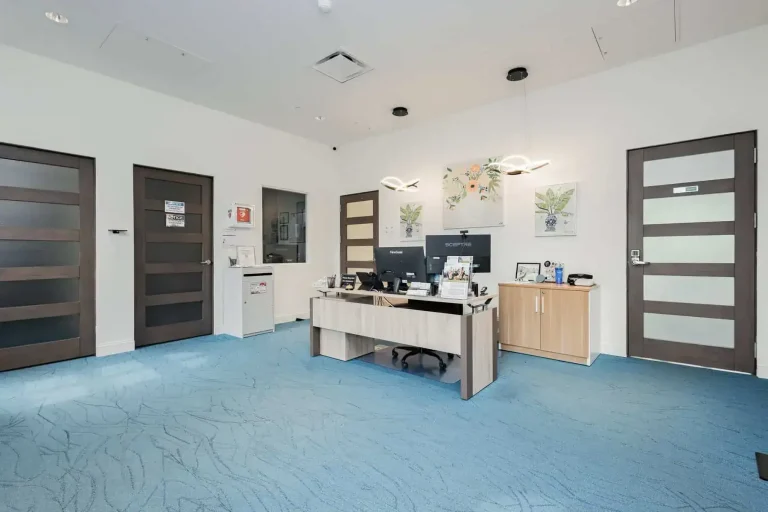


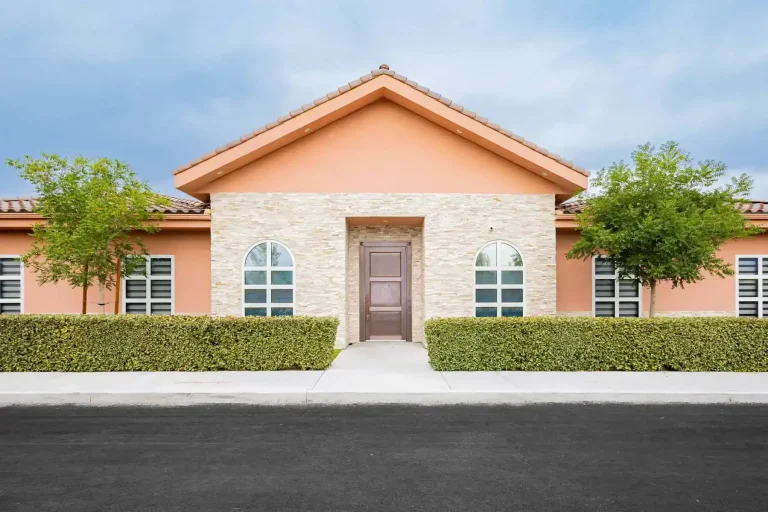
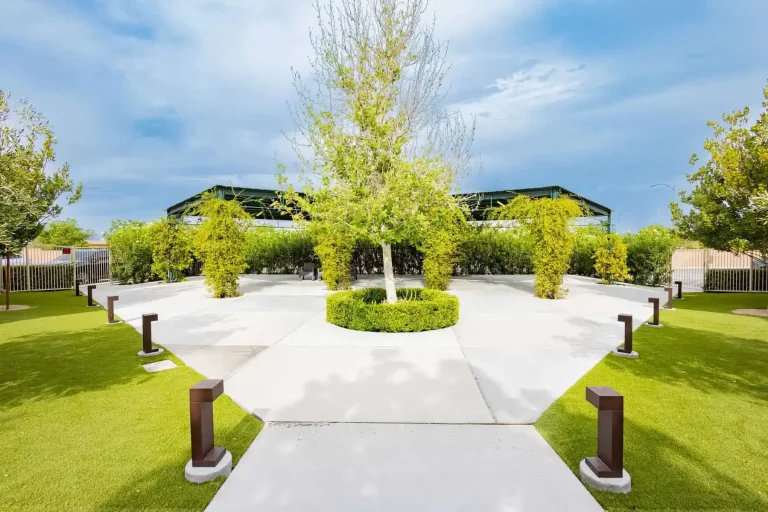


Take a virtual stroll through the serene and inviting Corbett facility of Virtue Recovery Center. Discover the elegant common areas, state-of-the-art treatment rooms, and comfortable residential spaces designed with your healing in mind. Experience the tranquil outdoor areas and get a glimpse of the comprehensive wellness programs we offer, all from the comfort of your home. This virtual tour is your first step toward a journey of recovery in an environment dedicated to your comfort and well-being.
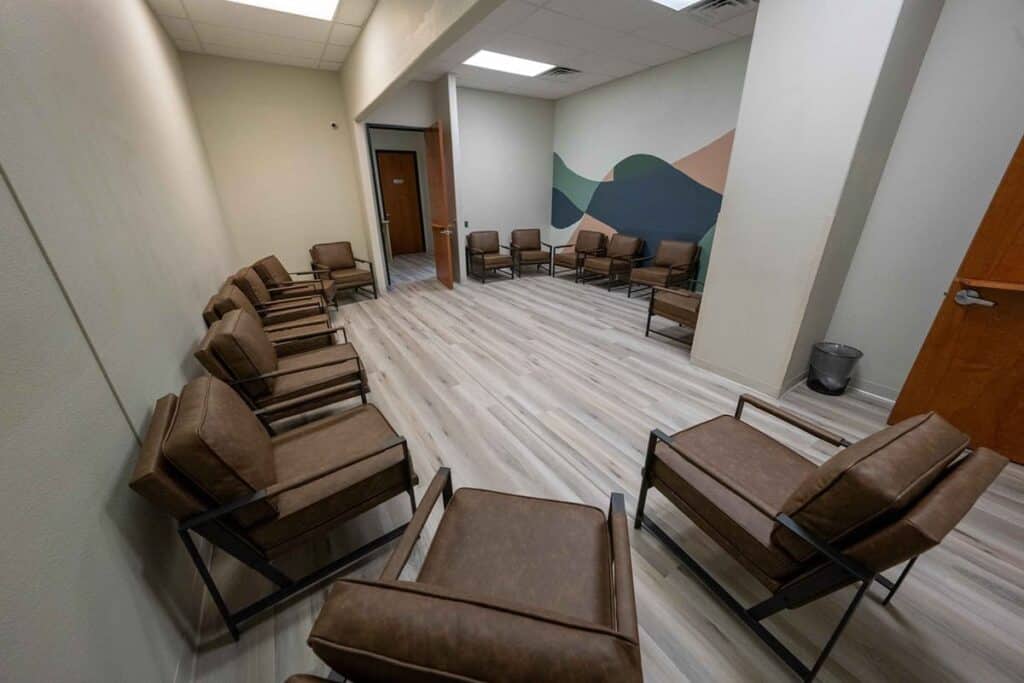
Outpatient Services Center
Montessouri Outpatient
Flexible outpatient care with daily life balance, offering structured therapy and support. Offering IOP, PHP, and aftercare with flexible hours from 8am to 8pm to suit your busy schedule.
🏢 Address: 2585 Montessouri St # 100, Las Vegas, NV 89117
🕓 Hours: Open 8am to 8pm
Flexibility
Tailor treatment to fit your schedule, allowing you to maintain work and family commitments while receiving care.
Community Connection
Stay connected to your support network at home, enhancing your recovery journey with familiar surroundings.
Continued Care
Ideal for transitioning from more intensive treatment, supporting long-term recovery with structured outpatient services.
Explore Our Outpatient Las Vegas (Montessouri) Facility
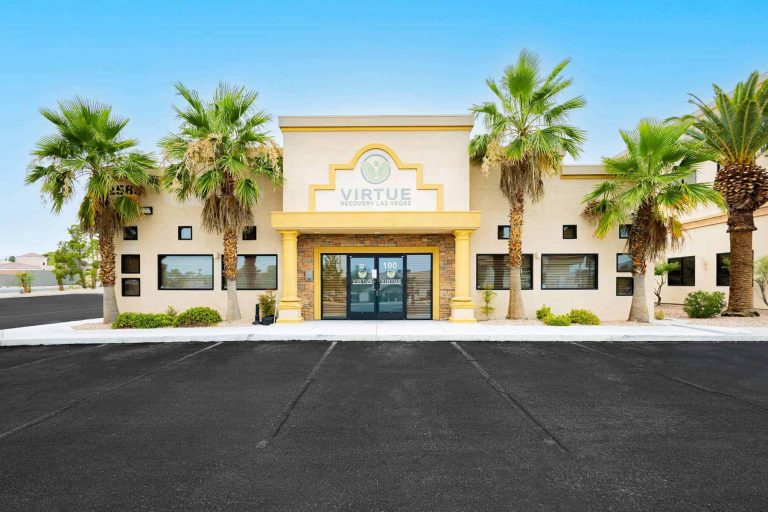
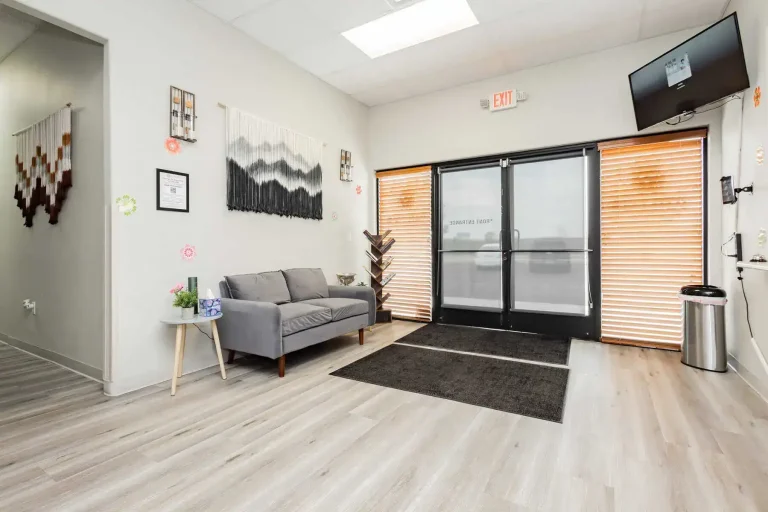
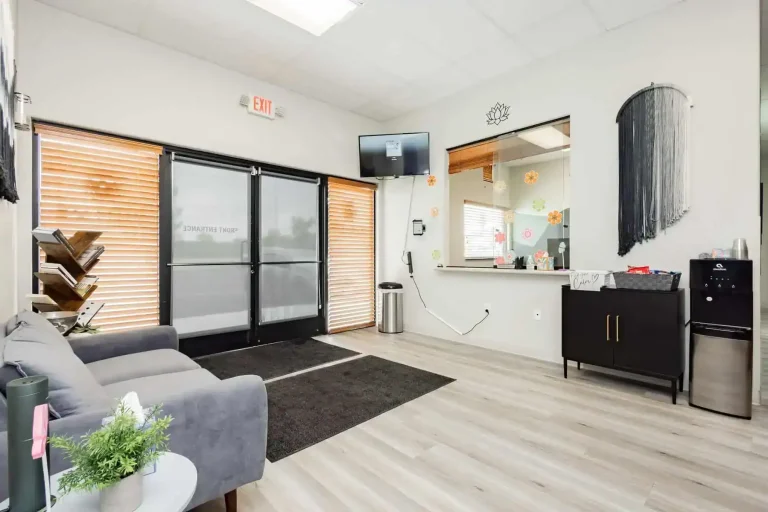
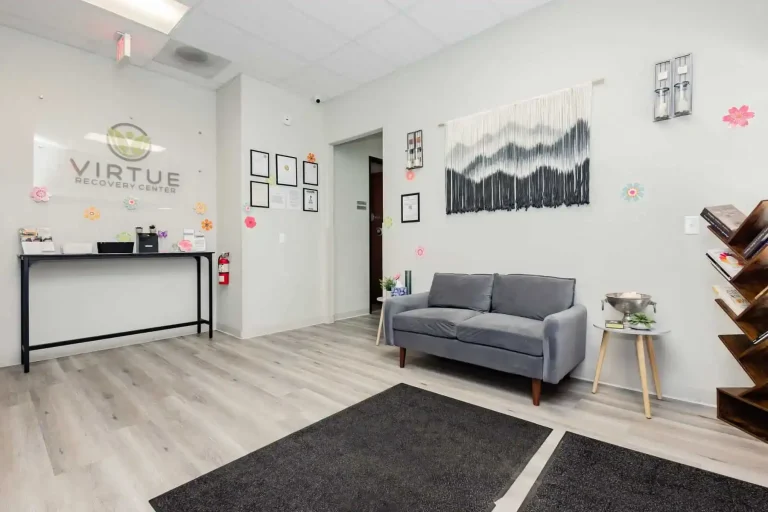
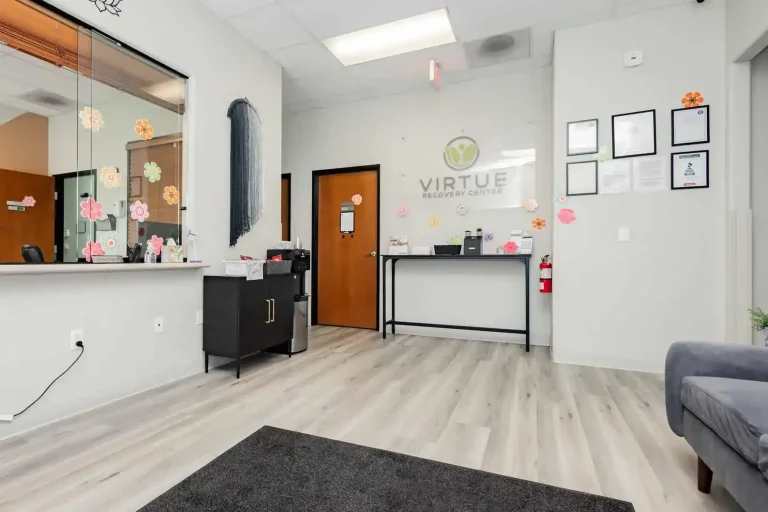

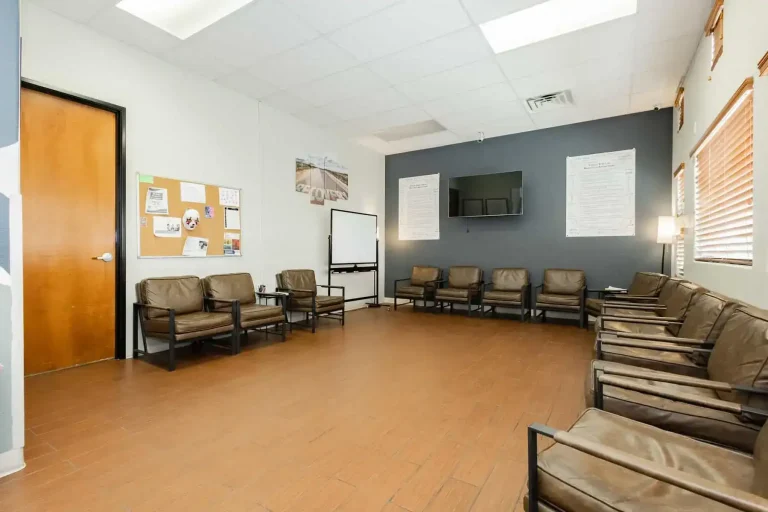
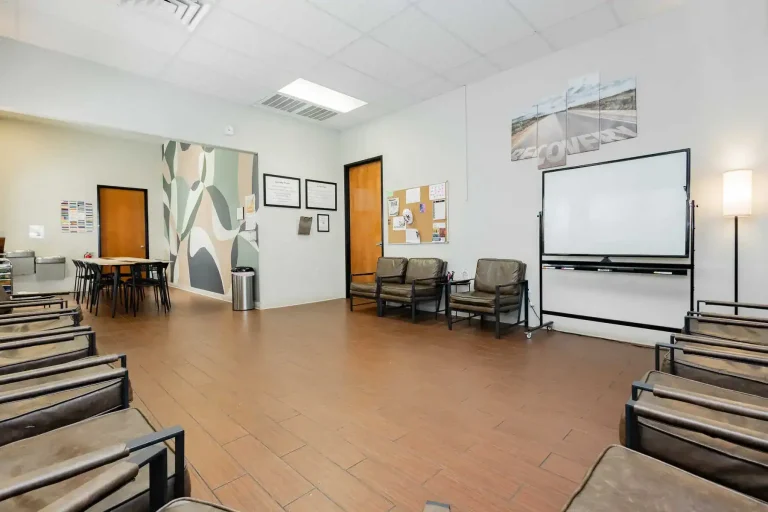
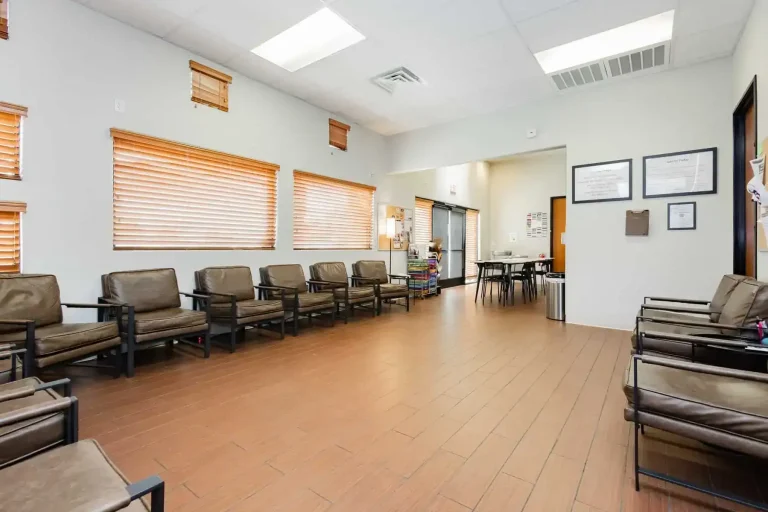
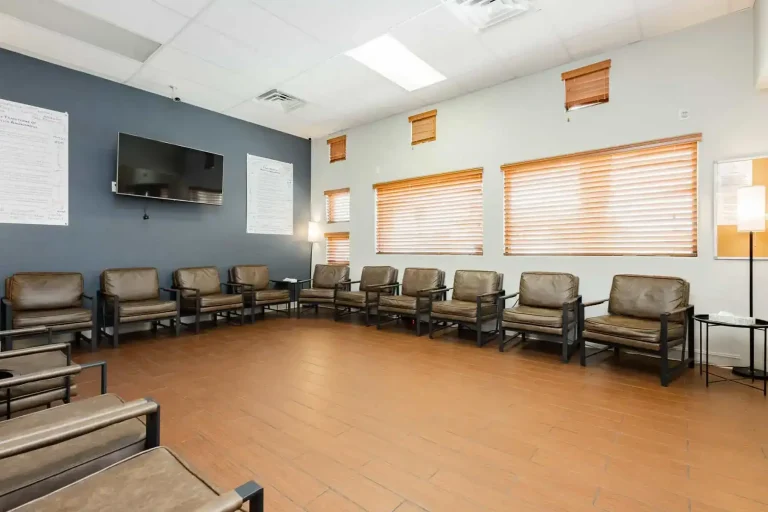
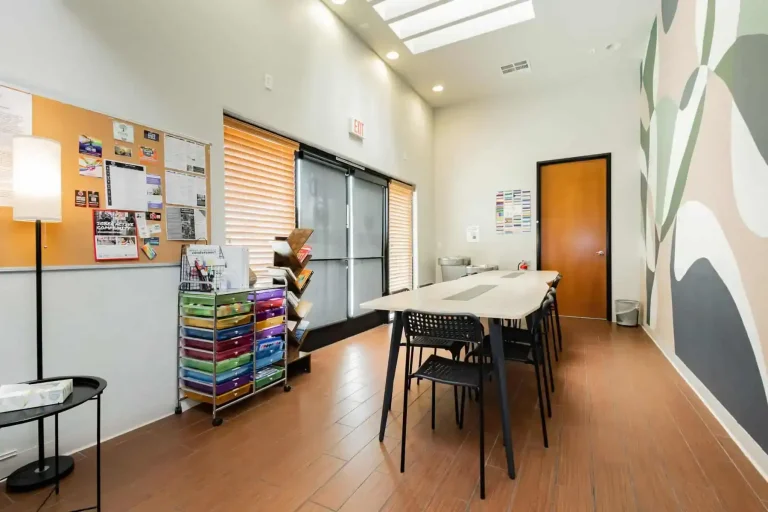
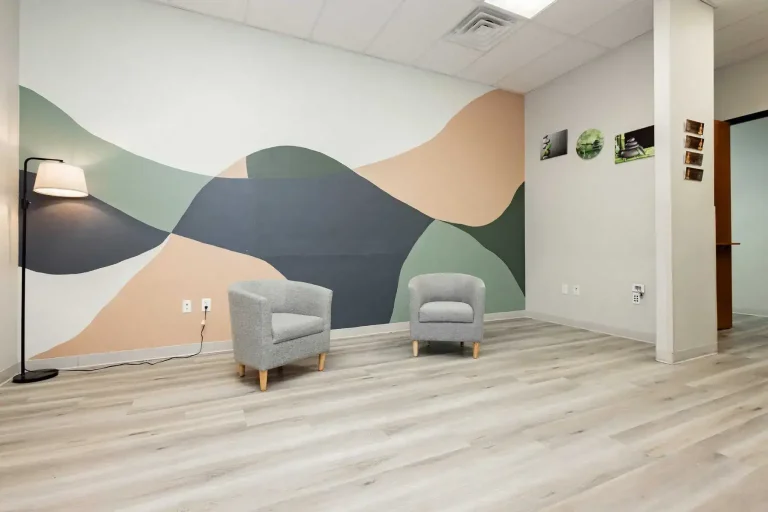
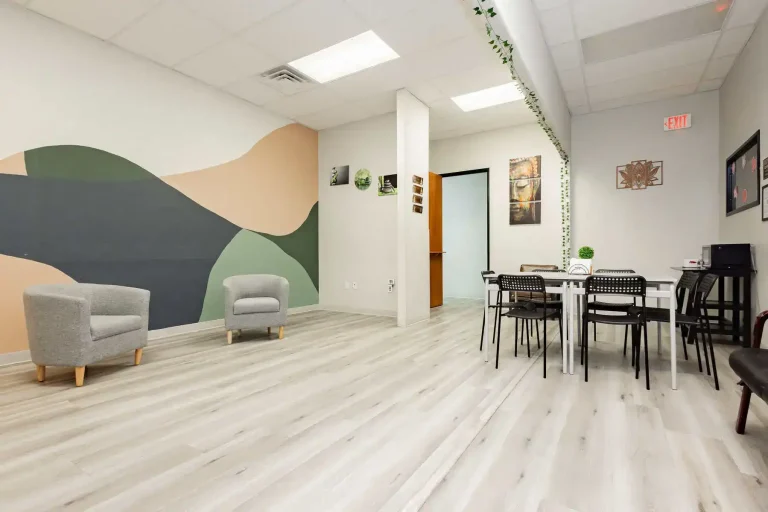
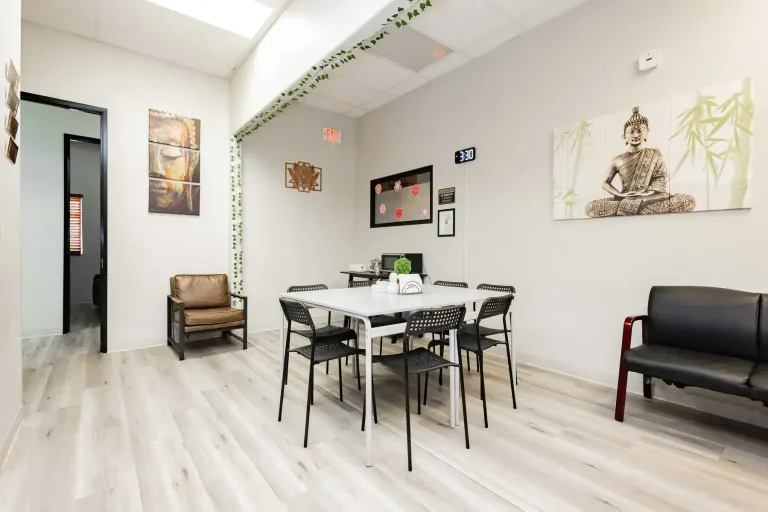
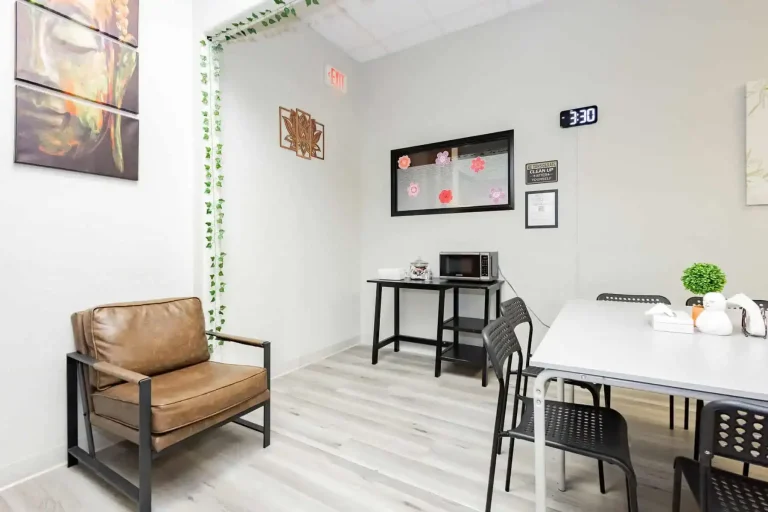
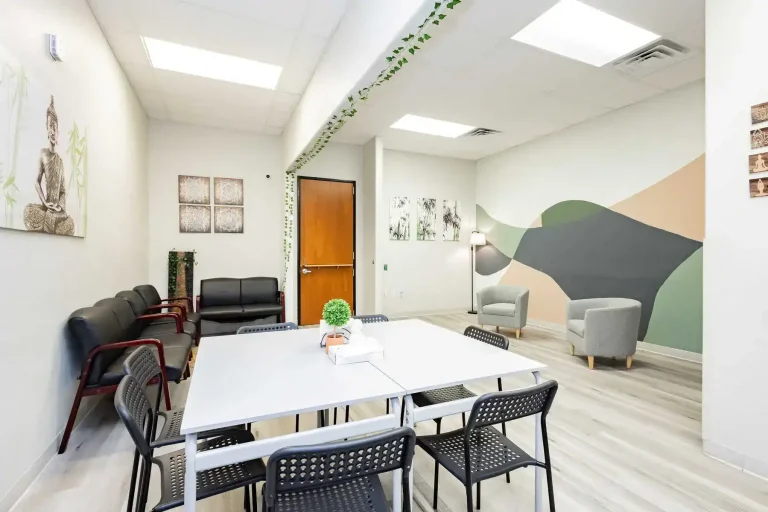
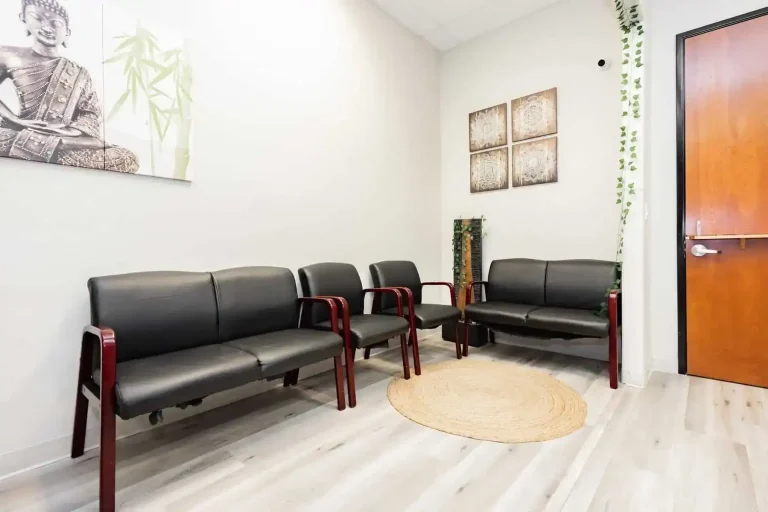
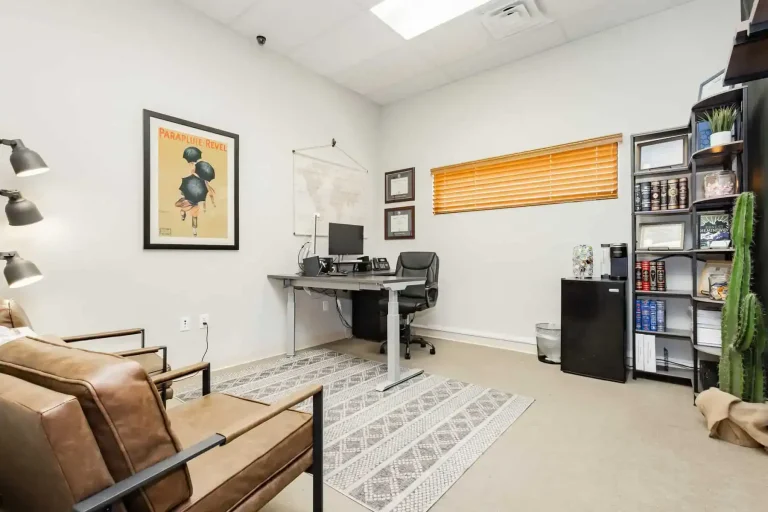
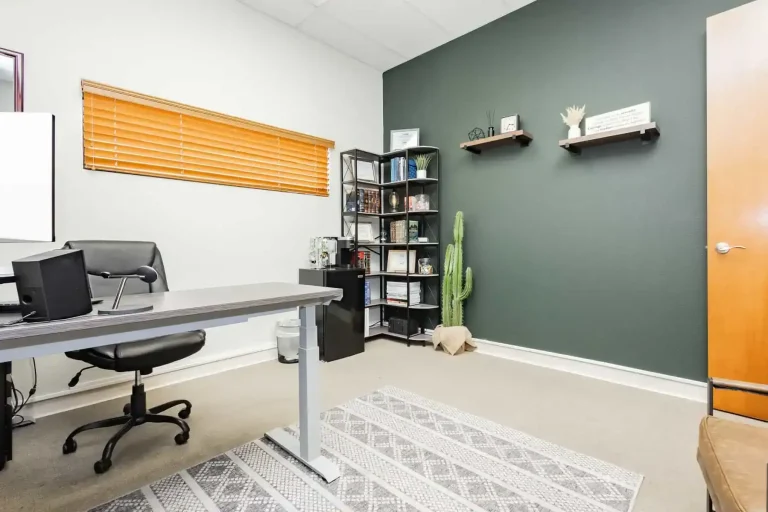
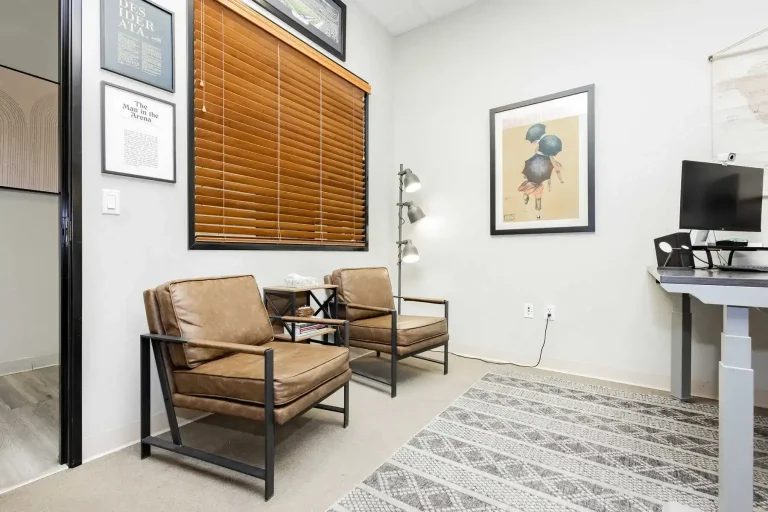
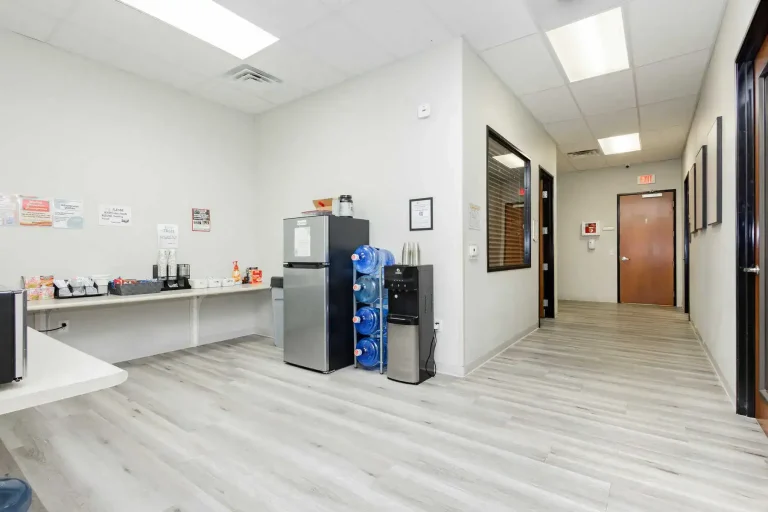
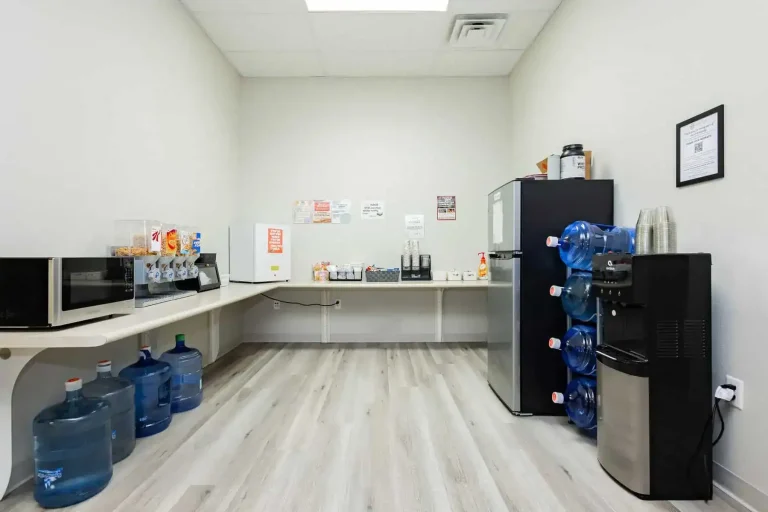
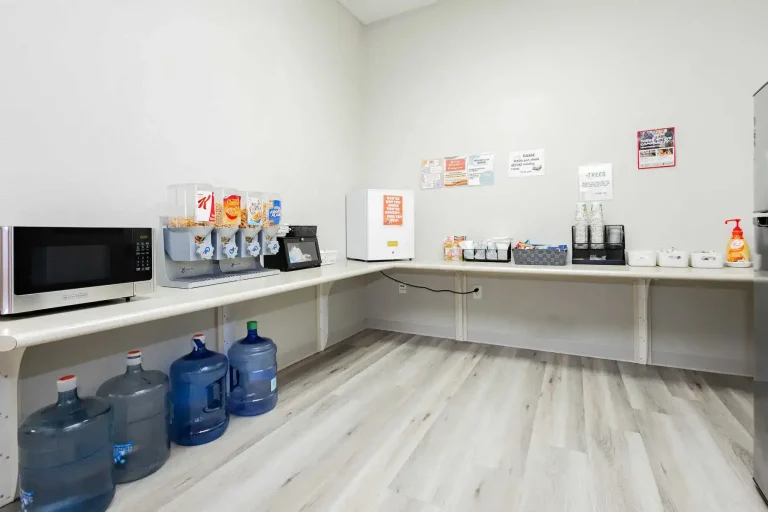
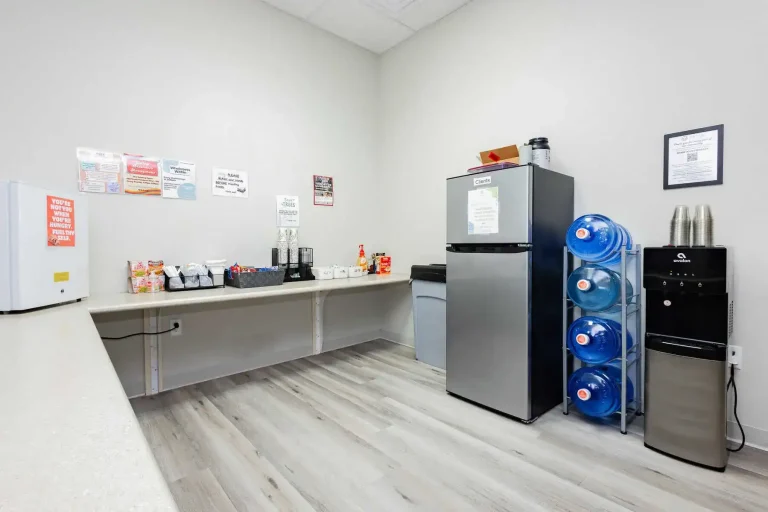
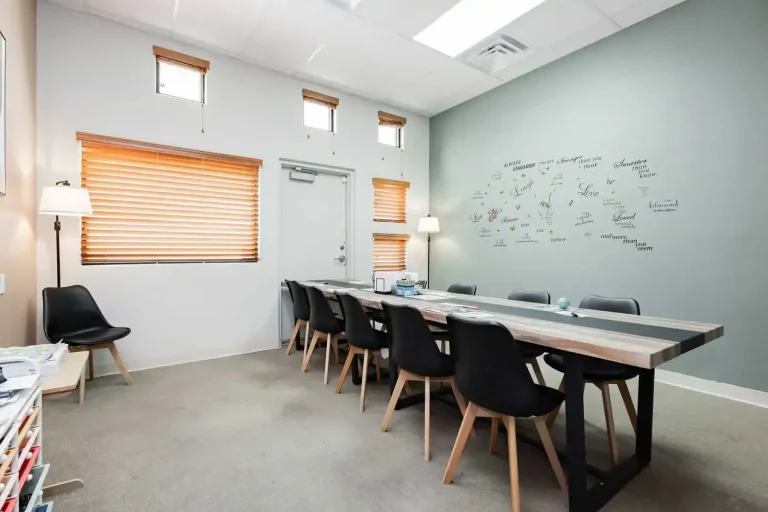
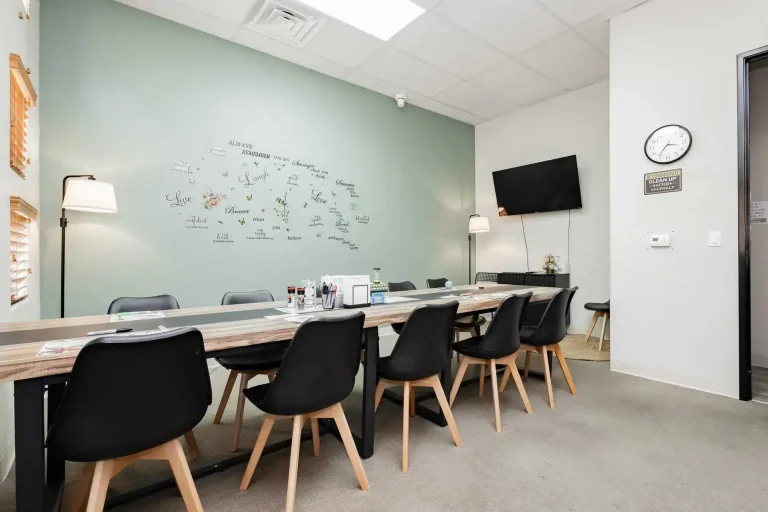
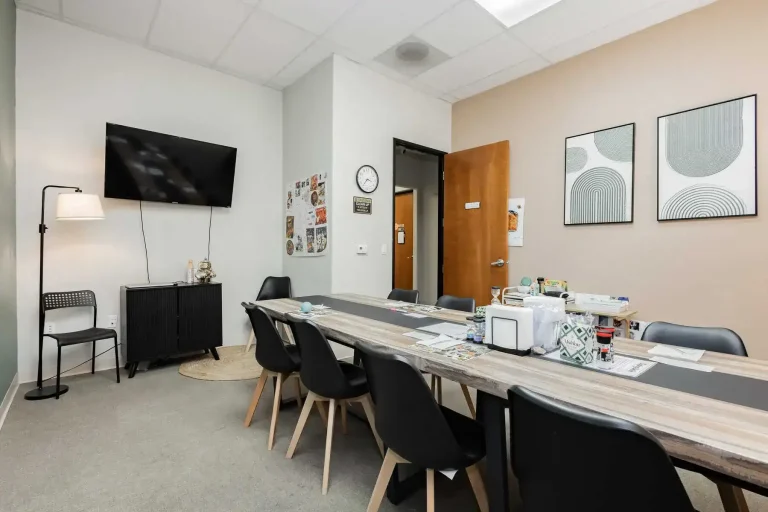
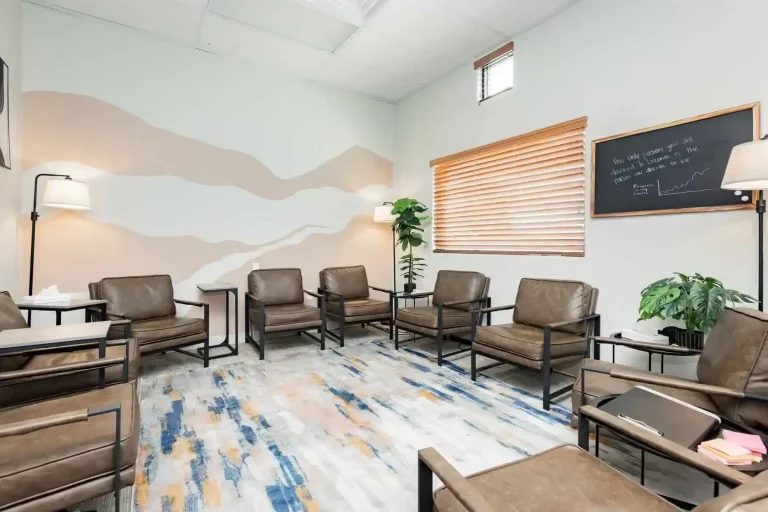
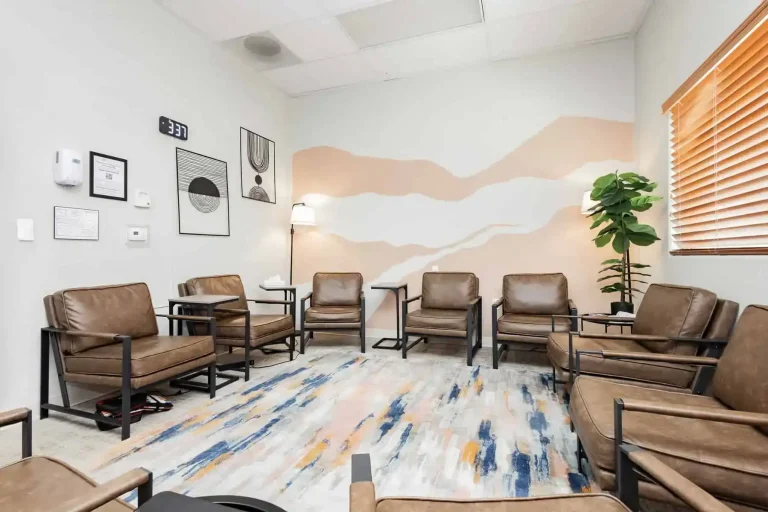
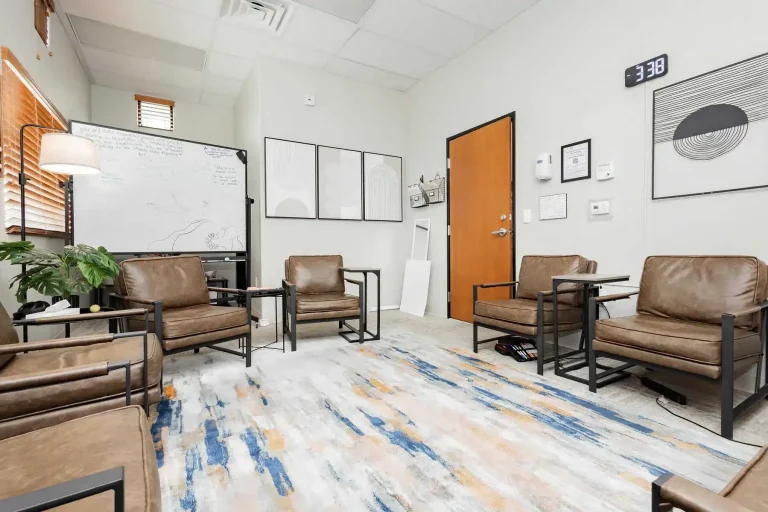
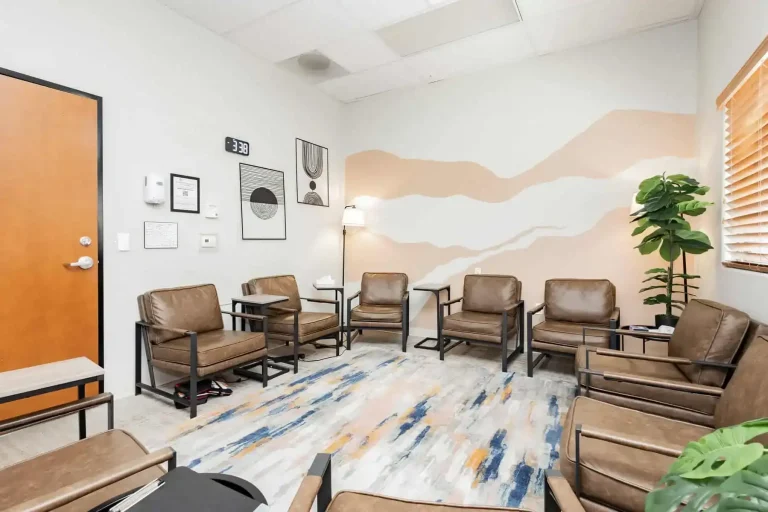
Take a virtual tour of our Montessouri location in Las Vegas, conveniently located near Sahara and Rainbow. This outpatient clinic is designed to provide a supportive and professional environment for individuals participating in our Partial Hospitalization (PHP) and Intensive Outpatient Programs (IOP). Explore our thoughtfully arranged group therapy rooms where connection and healing happen daily, along with private therapy spaces dedicated to individualized care. While clients return home after each session, our facility ensures every moment spent here promotes growth, comfort, and recovery. Begin your journey with a glimpse into the compassionate care that defines Virtue Recovery Center.
Call Virtue Recovery Las Vegas Today
If you or someone you know is struggling with substance abuse, reach out to our team today. Our fully accredited addiction treatment center in Las Vegas, NV, provides comprehensive relapse prevention therapy and other treatment services to meet the unique needs of each client. Through a mix of behavioral therapies, structured activities, and individualized plans, we are committed to helping you or your loved one achieve a healthier future.
Discover how our programs can help you or your loved one build a stronger foundation for recovery. Call us at 866.520.2861 or contact us online now to get started.
Relapse Prevention Therapy FAQs
No. It’s for anyone in recovery, whether it’s your first time in treatment or you’ve experienced past setbacks.
Sessions often focus on identifying personal triggers, building coping skills, role-playing high-risk scenarios, and setting up support systems.
To help you stay sober by recognizing warning signs early, managing cravings, and responding to stress without returning to old habits.
Yes. It often includes strategies for managing anxiety, depression, trauma, or other conditions that may contribute to relapse.
Yes. It’s typically included in coverage for substance use treatment. We can verify your benefits quickly.
No. It’s built into your personalized treatment plan at no additional charge.
Yes. Every client leaves with a customized relapse prevention plan tailored to their risks, strengths, and needs.
Yes. We include vocational coaching, budgeting, stress management, and time management.























